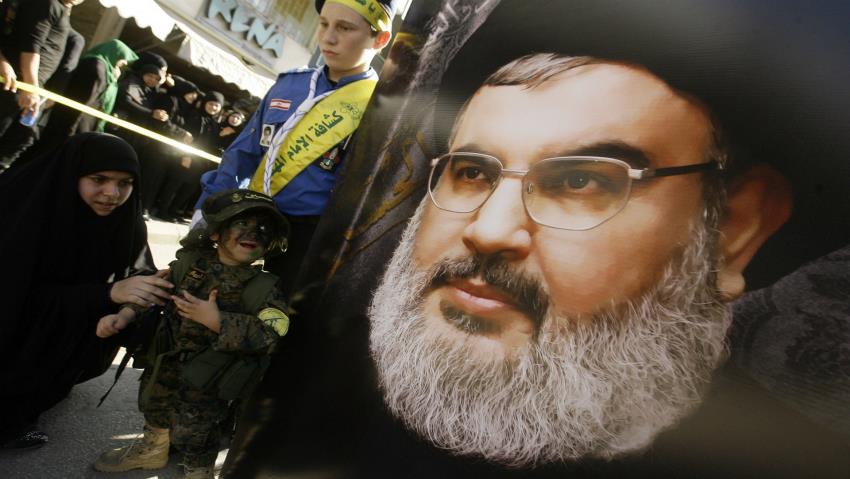Sanctions against Hezbollah
Diana Moukalled/Arabnews/April 20/2017
In its responses to questions regarding its sources of funding, Hezbollah has always said it does not deal with Lebanese banks. Its Secretary-General Hassan Nasrallah once said the money comes directly from Iran. These statements contain some truth, as security agencies at the ports and airports are allied with Hezbollah and so may easily permit it to pass through weapons and funds via planes arriving from Tehran or elsewhere.
It is hard to erase from Lebanese memory scenes at the end of Israel’s 2006 war on Lebanon, when Hezbollah began distributing funds directly to those whose homes had been damaged, rather than via banks.
This was accompanied by media coverage aimed at showing that Hezbollah is ready to directly and generously compensate its followers for war damages. This does not mean intended recipients received their compensation, but it was a significant opportunity for the party to show off its financial capabilities.
These scenes have not been repeated, especially as the party has been under international pressure for years to reveal its sources of funding. This pressure has been concentrated in the US, where Congress is expected to announce in the coming days additional measures to punish and hunt down the financiers of Hezbollah, which Washington considers a terrorist organization.
Striking a balance between the need to dry out Hezbollah’s finances and the fragile situation in Lebanon is challenging but not impossible for the US Treasury.
The new sanctions are tougher than previous ones, especially with the sanctions list expanding to include organizations assisting Hezbollah, such as the Amal movement and Hezbollah’s Al-Manar channel.
What worries many banks in Lebanon and the region is that leaked information about the sanctions suggests that unlike previous ones, Lebanon will not be able to take financial measures to avoid them.
Here we note the extent of secrecy and caution that governs the positions of Lebanese officials on the matter, in light of their effort to find an exit from the expected crisis. Even Hezbollah, which is directly involved, has limited its position to calling on the government, which it controls, not to comply.
Bankers, even those in a rivalry with Hezbollah in Lebanon, are coming together because the new US approach could harm Lebanon’s economy, which is largely based on the banking sector’s vitality. Classifying a bank as “uncooperative” in implementing US sanctions would be very damaging. Sanctioning Lebanese parties and individuals in Hezbollah’s orbit could widen partisan confrontation with a sector that is unable to withstand such shocks.
The US Treasury does not need more than a formal statement to bring down Lebanon’s economy. With the administration of President Donald Trump, all possibilities are open. Striking a balance between the need to dry out Hezbollah’s finances and the fragile situation in Lebanon is challenging but not impossible.
• Diana Moukalled is a veteran journalist with extensive experience in both traditional and new media. She is also a columnist and freelance documentary producer. She can be reached on Twitter @dianamoukalled.






















